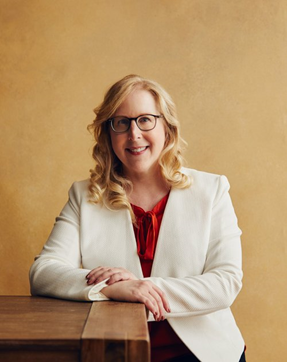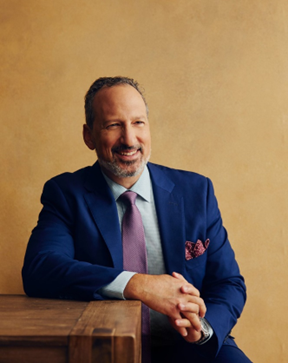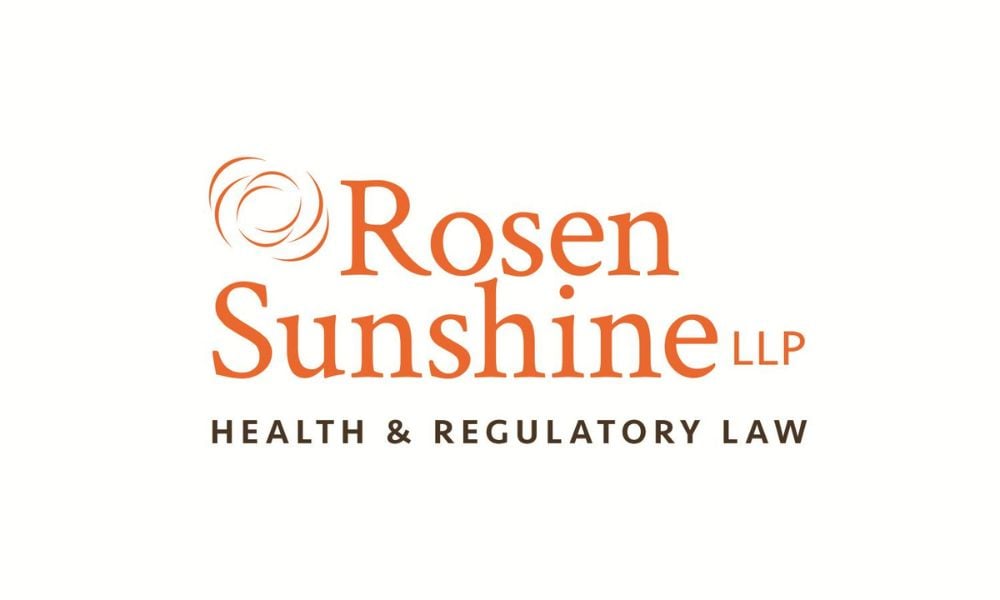This article was produced in partnership with Rosen Sunshine LLP
Businesses setting up healthcare operations in Canada – those involving the delivery of insured services that employ regulated health professionals – must closely consider the legal and regulatory issues that apply to their professional teams, suggest Lonny Rosen and Elyse Sunshine, founding partners of boutique health and regulatory firm Rosen Sunshine LLP.
“Healthcare ventures aren’t always attuned to regulatory oversight, and the healthcare professionals that they engage to deliver services are often left holding the bag,” Rosen says. “It’s vitally important for anyone entering into a healthcare venture to ensure someone is looking out for the healthcare providers because if they’re offside their regulator then the whole business model is subject to failure.”He contends that healthcare businesses must ensure that there’s legal advice and assistance available for the professionals they engage.
Not your typical startup
Part of the challenge is the complexity inherent in such a heavily regulated professional area. “If the average person wants to start a business, it’s relatively simple in terms of obligations and the regulatory world in which they operate,” Sunshine says. “When you add regulated health professionals to the mix, there are several pieces of legislation that you must consider.”
She adds that healthcare enterprises not considering the legislation governing their professionals can’t function effectively and, worse, are at risk of being unable to operate in the future.
“This is one area where it’s important to get proper legal advice from the outset from someone familiar with the area. You must be aware of all the nuances of your business for it to succeed,” she adds. “At the outset is when to get advice, not when you’re three weeks from opening and it’s about to become more complicated.”
A complex regulatory web
Healthcare regulation is a complicated web of regulatory bodies and legislation. For example, Ontario’s nearly 400,000 healthcare professionals are governed by the Regulated Health Professions Act, 1991 (RPHA) but also by separate legislation for 29 distinct professions overseen by 26 colleges.
Every profession from audiologists and speech therapists to traditional Chinese medicine and acupuncturists has its own college and, as such, nuanced legislative considerations.
Keeping up with change
Provisions relating to privacy issues, conflict of interest, jurisdiction, and advertising are generally prevalent in the legislation, but technological advances around virtual healthcare and social media have further complicated these matters.
For example, while many colleges have strict rules around competitive claims and boastful advertising, how does that translate to Facebook pages or online reviews? “Is a Facebook post exempt from advertising rules? What about your personal social media? Is that immune from the regulator’s eyes?” Sunshine asks rhetorically. “The short answer is ‘no.’”
The same is true whether it is an advertising claim made by the healthcare professional or the organization employing them. A misguided breach of rules by a healthcare business can put its professionals in regulatory jeopardy.
Alignment on purpose
At a time of great concern around healthcare privatization, rules around services covered by provincial health insurance plans must be keenly observed. Of course, since healthcare businesses typically rely on private payments for certain services, this area warrants a close look by expert eyes.
“This is a constantly evolving and murky area because we see many healthcare businesses that don’t appear on the face of it to be compliant with legislation,” he says. “At the same time, there are interest groups scrutinizing operations, and media are very interested in any incursion on public healthcare by private healthcare,” Rosen says.
Business interests and professional ones may differ, but they must be aligned, Rosen stresses. The existing regulatory model was set up more than a century ago and is grounded in professionalism and duty toward patients.
“If a business is in the healthcare space, delivering professional and appropriate care has to be their guiding principle. Being guided by professional obligations is key to success,” Rosen says. “If they set themselves up with a plan of doing things differently and not being concerned with the traditional model, it’s only going to be a matter of time until their operations come to the attention of the regulator, and rejigging their operations in order to be compliant with applicable legislation and college policies (as well as responding to an investigation and possible disciplinary proceedings) will be more costly and inconvenient than setting up a compliant operation in the first place.”


Rosen Sunshine’s founding partners, Lonny Rosen and Elyse Sunshine, have practised law together since 1999. Before establishing Rosen Sunshine in 2011, they worked at a boutique health law firm and then at a mid-sized, full-service firm. They both are passionate advocates for professionals and healthcare providers, trusted advisors to regulators and health organizations, and experts in their field.





